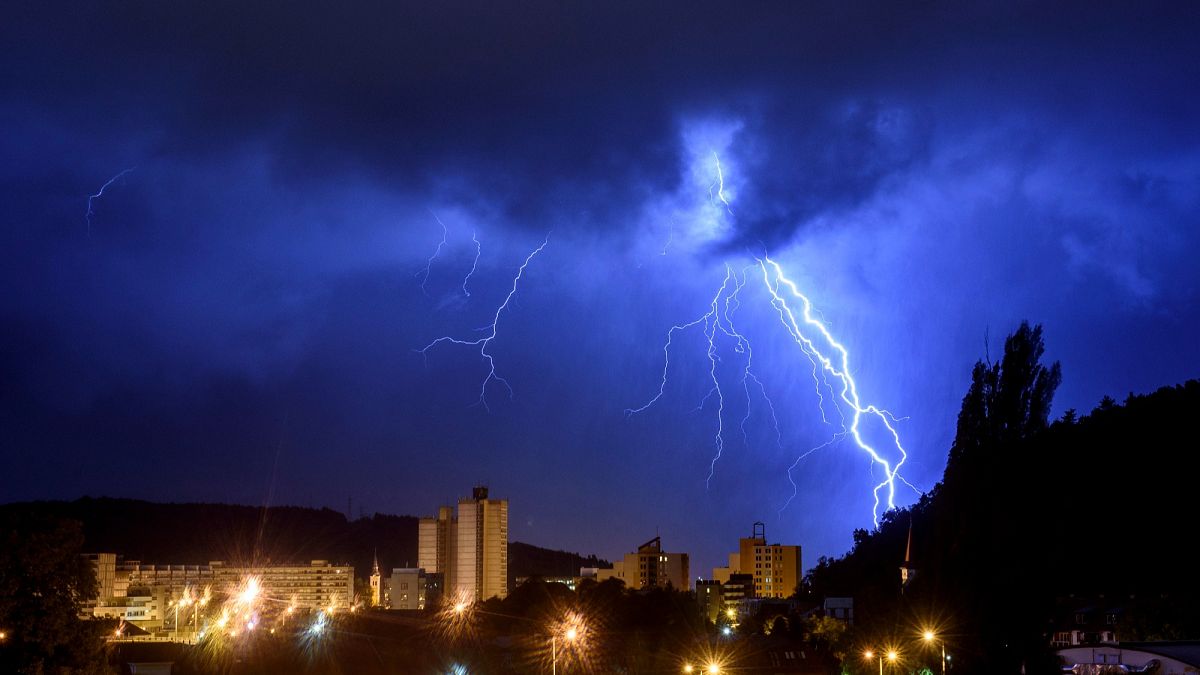

As the world continues to grapple with the complexities of climate change and environmental protection, recent developments highlight the multifaceted nature of these challenges and the varied responses to them. This article brings together insights from across the globe, focusing on extreme weather events in Europe, legislative changes in Brazil, and efforts to conserve wildlife in the UK.
Rising Temperatures across Europe
In Hungary and the Balkans, climate researchers have observed the notable impact of rising global temperatures, a trend accelerated by global heating. These regions are encountering extreme weather patterns, with significant consequences for local agriculture. The effects of these climate changes are more pronounced here, compared to other parts of Europe, necessitating increased attention to adaptation and mitigation strategies.
Meanwhile, in Portugal’s Algarve, the sea is experiencing an unprecedented marine heatwave, with water temperatures reaching record highs. Throughout June and July, average sea temperatures stood at 25.1°C, according to the Portuguese Maritime Authority. These elevated temperatures raise concerns about marine biodiversity and the overall health of oceanic ecosystems, urging nations to ponder over effective measures.
Legislative Changes in Brazil’s Environmental Policies
Across the Atlantic, Brazil faces a critical juncture in its legislative priorities concerning environmental protection. The Brazilian congress has passed a bill, labeled by many as the “devastation bill,” which significantly weakens environmental safeguards. This legislation is anticipated to lead to extensive deforestation and could affect indigenous communities profoundly. While awaiting the president’s approval or veto, the situation calls for broader international dialogue on balancing developmental needs with environmental conservation.
Conservation Efforts in the UK
In a positive stride towards wildlife conservation, the United Kingdom has launched the Big Butterfly Count for 2025, inviting volunteers to participate in what stands as the world’s largest insect survey. This initiative seeks to measure the recovery of butterfly populations following a noticeable decline last year. Participants are encouraged to spend a short, mindful 15 minutes in local green spaces, observing and logging the butterflies and moths they encounter. This community-driven endeavor draws public focus to biodiversity issues while fostering a deeper connection with nature.
Awakening to a Greener Future
Greenpeace has also been active, particularly in Greece, where the organization protests investments in fossil fuels, advocating for an end to new gas projects. By highlighting these ‘unnecessary and wasteful’ investments, Greenpeace seeks to ignite a shift towards sustainable energy practices. This movement underscores the global imperative to rethink energy strategies and invest in renewable solutions.
As these stories unfold, they remind us of the interconnectedness of our environment and the collective actions required to protect it. They present opportunities for reflection, dialogue, and collaboration, underscoring the importance of mindful engagement with our planet’s future. Through these efforts, there remains hope for a harmonious balance between human progress and the natural world.
Source: {link}
